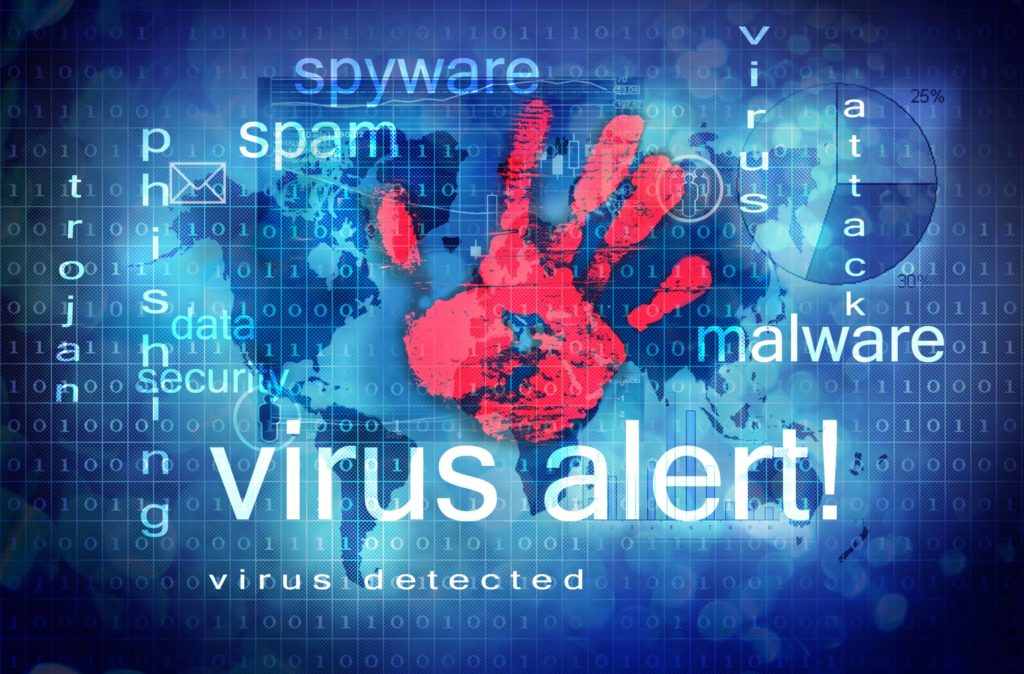
Back in 2014, a senior exec at Norton said “traditional antivirus is dead” but that doesn’t mean we can give up the anti-virus programs. It has just evolved into Malware, Trojans, phishing attacks, and now even to the phones through texts called SMshing or Smishing. The newer antivirus programs are called Endpoint Detection & Response (EDR) which provide a more comprehensive defense against digital threats with intelligent monitoring that far surpassed the old basic antivirus solutions. Think of them as a type of protection with Artificial Intelligence (AI) that looks at behavior patterns, rather than just the old-fashioned antivirus that looked for infected files.
Since malware is evolving very quickly and some new strains are very difficult to catch, educating the users has proven to be one of the best ways to prevent these newer infections. We do this during the setup and provide client-wide emails that are short and to the point to educate and keep the staff alert. If a user recognizes a suspicious email or site and doesn’t hover or click on anything, they can save themselves and the Company much aggravation and potential downtime.
At Mnemonic, our team will implement Managed EDR solution with safeguards such as a quality firewall and web filtering service to reduce the chances of being infected. Additionally, we have alert features that will notify us of any infection so that we can respond quickly, in addition to application locking that prevents unauthorized software installs that can still infect a computer, even if the user doesn’t have install rights.
The only way to get through our security is if the users have their password compromised, haven’t been set up with a solid two-factor authentication on all the sites, and not following the guidelines and education we have provided with training and email alerts to keep them up to date. Yes, there are still other ways to hack such as social engineering, but we also provide solid backups to be able to get back in business quickly.
“We haven’t been fighting computer viruses in forever,” says F-Secure security advisor Sean Sullivan. “[But] because people don’t know the difference between a virus, a worm, or a Trojan, everything gets called a computer virus. The bulk of it is exploits which get hackers in the door and Trojans which people are tricked to install.”
For your free consultation or answers to any questions, please feel free to contact us
